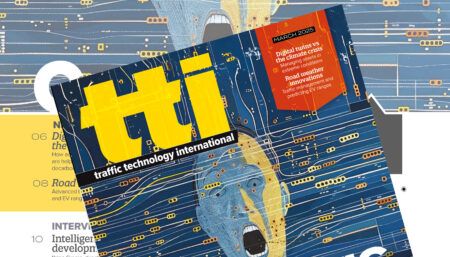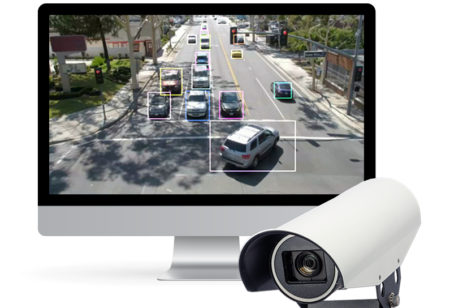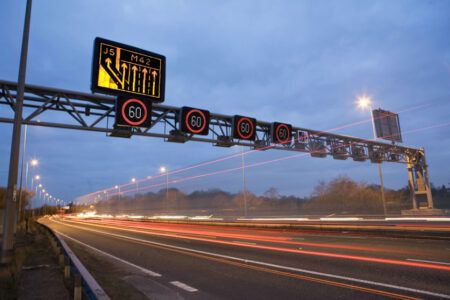A UK project led by Esoterix Systems, an intelligent mobility technology start-up, with partners Bristol City Council, First Bus, Transport Systems Catapult (TSC), and University of the West of England (UWE), is developing a micro-simulation platform that gives new, dynamic insight into where people are moving to, from, how, and why, in much greater detail than previous transport modelling systems.
Traffic congestion and related air pollution cause thousands of premature deaths and cost billions of pounds every year in the UK alone. However, car use will only go down if alternative options are good enough. There is a clear need for improved public transport services, but starting new services can be risky, and it can take a long time before they become commercially sustainable. With funding from the country’s innovation agency, Innovate UK, the MODLE (mobility-on-demand laboratory environment) project is developing the MODLE simulation platform, which uses big data, such as from mobile networks, to find unmet transport demand and then tests proposed services using a human behavior model.
Using the MODLE platform, a transport operator could understand where there is sufficient potential demand for a new service, and then explore which exact route and type of vehicle to use for the service to attract passengers. This type of modeling would take some of the risk out of new service implementation. The ‘agents’ within the simulation are informed by a human behavior model calibrated by the Center for Transport and Society (CTS) at the UWE in Bristol, which specializes in research and knowledge exchange on travel behavior, transport policy analysis, and technological change in the transport sector. CTS is also evaluating the services offered in terms of their transport sector impacts, and the experiences of users The simulation is being developed and trialed as part of the MODLE project in Bristol, but the platform is transferrable to other cities.
“The system generates dynamic agents that reflect the behavior and movement patterns of people,” explained Kristoff van Leeuwen, of the TSC. “This agent-based approach is what makes this project exciting. Most similar modelling is at the macro-level, and doesn’t provide the detailed data that enable the potential of urban mobility services to be fully analyzed in the way this system does.”
David Stewart, Esoterix’s CEO, said, “The MODLE simulation platform is more than a moving picture, it’s a virtual test bed. The agents in the simulation respond to new options so we can look at how they react to see the benefits or otherwise of a proposed service. In essence, will the proposed services be sufficiently quick, convenient and cheap to challenge car use?”
Professor John Parkin from UWE Bristol, commented, “We know people choose different transport options for a range of reasons. We look forward to better understanding how people weight those choices, and we will use that behavior to calibrate the MODLE simulation platform. Being able to virtually test proposed routes against consumer preferences will help operators develop and offer sustainable services people want.”




